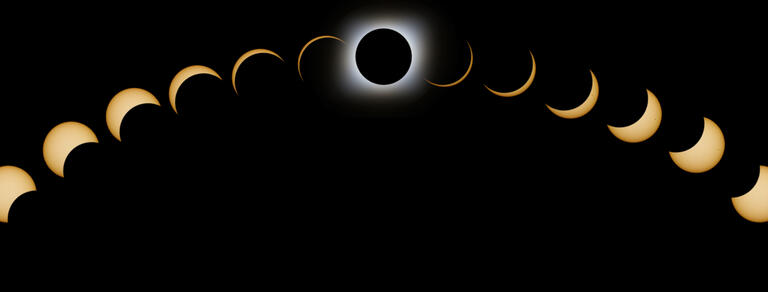Will Oldenburg folks mobilize to solarize?
- Debbie Blank The Herald-Tribune
Sister Claire Whalen of the Sisters of St. Francis asked the Oldenburg Town Council July 10 to take a leadership role in promoting renewable energy in the town government, local homes and businesses.
She already has approached Batesville officials with the same request. Whalen observed, "It should be a regional effort, rather than just one town."
The environmentalist pointed out a solar array has been constructed along I-74 near Greensburg by Decatur County REMC, Southeastern Indiana REMC and Hoosier Energy. When at full capacity, those panels should generate enough electricity to power 150 homes. Whalen reported the Decatur County REMC leader is eager to educate area citizens about solar panels.
The Sister was hopeful residents interested in improving the environment could form Hoosier Solarize Initiative local teams, which would be overseen by Hoosier Interfaith Power & Light (www.hoosieripl.org), Indianapolis, which involves individuals, businesses and congregations to respond to climate change.
According to the website, Hoosier Interfaith Power & Light works with faith communities in three related ways:
- Education: providing workshops, speakers, retreats and other tools, programs, and resources
- Using energy prudently: offering practical programs, tools and measures to reduce fossil fuel consumption through both energy conservation and renewable energy.
- Public policy: organizing to advocate with state and local governments, utilities and other powers for environmentally sustainable policies and actions.
"I'm very willing to take a (Batesville-Oldenburg) team" to a July 29 HIPL workshop in Indianapolis and Whalen invited OTC members to attend, too. Greg Struewing will read the material she distributed and decide if he is able to go.
He said, "I did a little research on solar panels ... for home use. It seems a little expensive." She agreed purchasing panels can be costly with energy savings coming later. "I think that's going to be a hard sell," Struewing said.
Whalen noted, "The homeowners have to pay for" panels if they want them, not the town. "Even if it's one or two," that could start a trend. According to Sister Maureen Irvin, Sisters of St. Francis congregational minister, "There are tax credits available. Duke Energy has been trying to get people interested."
Whalen added that the Indiana Chamber of Commerce has issued reports about the state of solar energy in Indiana. "It's emerging. There's a lot I need to learn and understand, too ... Even if the (local) team does nothing but educate folks ... I'd be satisfied."
Richard Cartwright, who lives off the grid north of Oldenburg, reported, "I've had a solar system for 15 years. It's very minimal, but it's sufficient. It's doable. It you want to run solar, the panels are getting cheaper all the time."
Member Dennis Moeller asked, "Is there a lot of maintenance involved?" Cartwright answered almost no maintenance. "We had to buy one inverter in nine years."
Area residents who are interested in helping to solarize their community can contact Whalen at 812-933-6514 or cwhalenosf@gmail.com.








